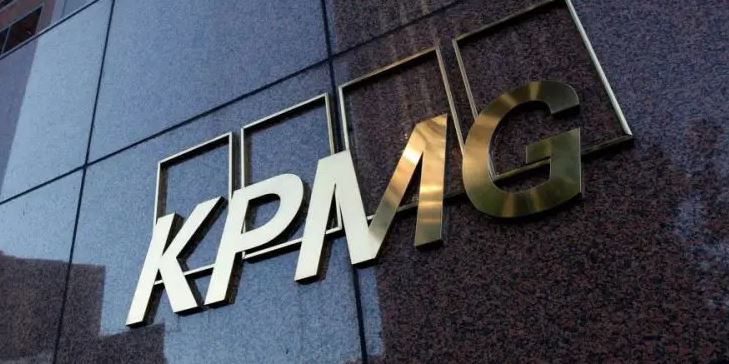By John Ikani
KPMG, a leading global consulting firm, has forecasted that Nigeria’s already high unemployment rate will continue to worsen, reaching a staggering 40.6% in 2023.
In its recently released report, ‘Global Economic Outlook’, KPMG also predicts that inflation will remain above 20% in 2023 due to deep-rooted structural and policy issues.
This is concerning, given that the country’s unemployment rate stood at 33.3% in the fourth quarter of 2020, according to the National Bureau of Statistics, while the inflation rate rose to 21.91% in February 2021, according to the same source.
KPMG warns that the country “faces a complex and challenging environment, with slow and fragile economic growth, and obstacles in the foreign exchange market.”
“This, coupled with insufficient government revenue to support much-needed expenditure, and a high debt stock and service payments, is expected to pose significant challenges for the new government, which will take office in May.”
The report attributes the slight growth of 3.52% of the country’s GDP in 2022 to the non-oil sector, driven by a continuous recovery in household consumption, particularly in finance and insurance services, telecommunications, and transportation and storage services.
However, the oil sector contracted by 19.22%, attributed to worsening oil theft, pipeline vandalization, underinvestment, and other operational challenges inhibiting oil production.
KPMG anticipates that “the country’s GDP will grow at a relatively slow pace of 3% in 2023 due to the typical slowdown in economic activity that characterizes periods of political transition in Nigeria.
“This slow growth will be further exacerbated by the spillover effects from the expected global economic slowdown in 2023, and its trade and financial implications.
“Moreover, the Naira redesign policy, introduced in Q4 2022 and Q1 2023, is expected to negatively affect key non-oil sectors like manufacturing, trade, accommodation, food services, transportation, and other services, further slowing down overall GDP growth in 2023.”
Despite these challenges, KPMG sees some potential drivers of growth, such as telecommunications, trade services, and an expected recovery in the oil sector.
“However, to address these challenges and unlock the country’s growth potential, Nigeria needs to address persistent structural and policy issues that impact domestic food production and transportation, including insecurity, floods in key agricultural producing areas, rising international food and energy prices following the Russia-Ukraine conflict, as well as policy-related bottlenecks that continue to impact the cost of doing business.”




































